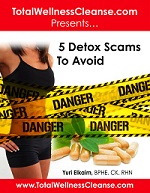
Many of our readers often ask how to find detoxification programs that are actually safe and healthy, so this week, to kick off 2015 on a healthy foot, we're offering all of our readers and subscribers a FREE e-book on how to avoid these scams, and choose a detox program that is actually safe and works naturally with your body to eliminate toxins and improve your overall health. Read on to find out how you can grab your free copy.


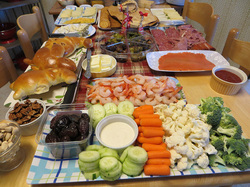
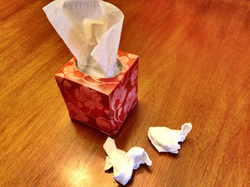
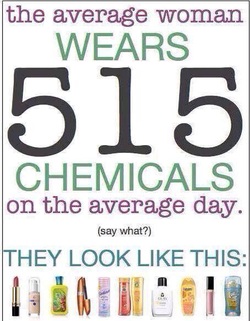
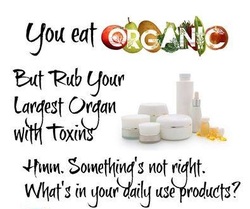



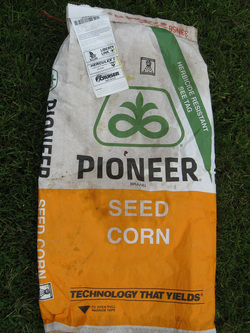


 RSS Feed
RSS Feed